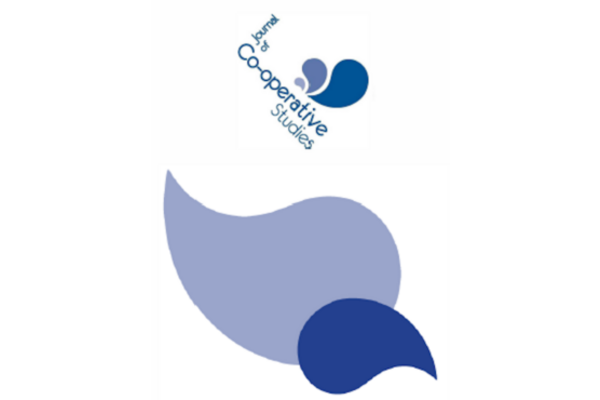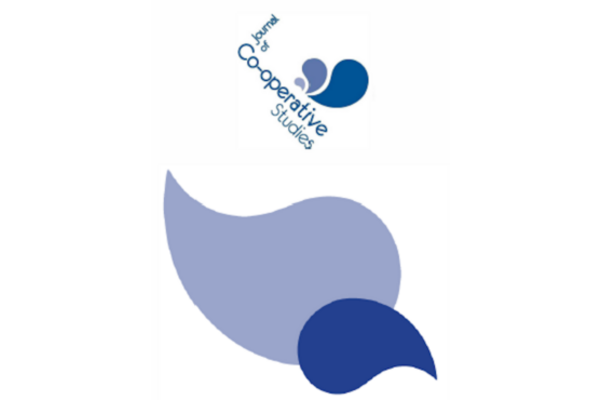Peer reviewed papers
Co-operatives: Between State Control and the Collaborative Economy
Francisco Torres Pérez, pp. 5-12
This paper (presented at ICA Research International Conference, Almería, May 2016) is focused on two perceived threats to the co-operative movement: excessively detailed rules that question the desirable “autonomy” of co-operative societies, and the rise of spontaneous and unregulated forms of collaboration. On the one hand, there is violation of the co-operative principle of autonomy and independence that should govern this type of business. On the other, an indirect effect that this excess of discipline entails is the replacement of traditional co-operatives by the so-called “collaborative economy” model that operates in many economic sectors and under various forms of self‑management. The conclusion is that the “special nature” of co-operatives must prevail over saturated regulation and the self-regulatory power — via bylaws or internal regulations. The legal advantages of a correct interaction between the co-operativism and unregulated forms of collaboration are also presented.
Identifying Co-operatives: the Value of Democracy
Alberto Atxabal Rada, pp. 13-23
This paper addresses the need to define an element or value that identifies co-operatives and at the same time makes the difference between other types of enterprise clearer. Neither capital companies that institute codes of conduct similar to co-operative principles, nor social enterprises which pursue purposes as co-operatives do, are co-operatives, but both of them get mixed with co-operatives. On the one hand, the mutual property of co-operatives, perhaps, can explain its different nature, but with nuances. Democracy, however, is configured as the identity value of co-operatives. Thus, democracy shines like a predictable value not only in managing or controlling the co-operative enterprise, but democracy also spreads to all aspects of members’ life in society and the community to which members belong.
Compromised Success Potential of South African Co-operatives Due to Lack of Credible Data
Thembinkosi Twalo, pp. 24-31
Co-operatives in South Africa are meant to address job creation and poverty challenges. However, they do not seem to be successful because of human, systemic and structural factors. The government’s efforts to address factors that compromise the success of co-operatives are also compromised due to lack of reliable understanding of this sector. This lack of understanding is an outcome of insufficient data on co-operatives, inappropriate data collection mechanisms, the inability to regularly update the co-operatives’ data (registration, state of affairs, etc) and an inability to contact the co-operatives. Consequently, while many co-operatives struggle to access resources, markets, finance, information and support, the government is not clear about the nature and extent of required support, and is also not able to read early warning indicators to assist them before they fail. This paper then points out possible explanations for the general failure of co-operatives and thereby depicts the need for more evidence with additional facts and statistics to establish a solid basis for evidence-based decision making on intervention strategies, investment and support. In a nutshell, this paper argues that the quality of available data is not good enough for planning and decision making purposes, hence it proposes a research agenda for South African co-operatives.
Book Review
From Corporate Globalisation to Global Co‑operation. We Owe it to Our Children. By J. Tom Webb
Fernwood Publishing, Halifax and Winnipeg, Canada. 2016.
Reviewed by: Ian Adderley, pp. 32-33

All works are licensed under a Creative Commons Attribution-NonCommercial 4.0 International License, subject to a 6-month embargo from date of publication in the Journal.










